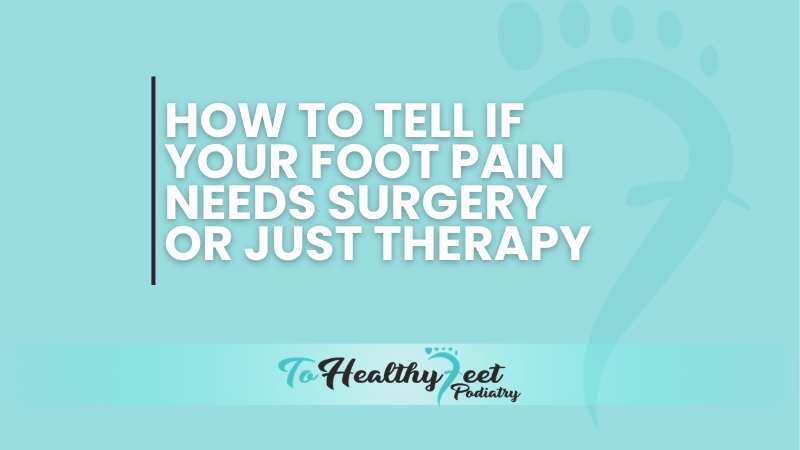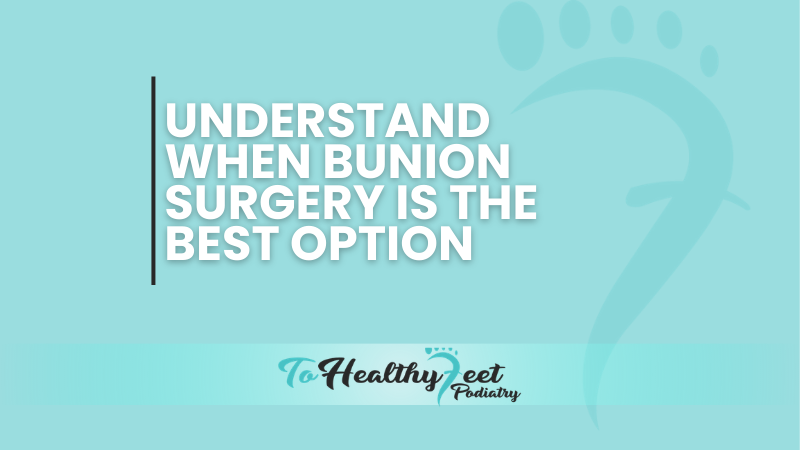If you’ve been living with bunions, then you are probably thrilled at the prospect of pain-free feet, mobility, and freedom that comes with bunion surgery! You can’t wait to prance around in those red heels that have been staring at you longingly for months and get back to running- just not yet. To ensure your foot heals properly and you don’t have recurring bunions, here is a guide for what to expect and long-term tips!
No Better Time To Heal From Bunions Than While The World Is Holding Still
Our Midtown and Downtown New York foot doctors offer comprehensive bunion services, including assessment, diagnosis, and advanced surgical and non-surgical treatment options to help restore your foot’s function and eliminate any pain. Suppose you’re considering bunion surgery to treat debilitating and painful bunions. In that case, there is no better time to recover from your surgery than now. While bunion surgery is usually an outpatient procedure, it will require months before you’re completely healed. While vaccines are slowly rolling out, life may start to pick back up shortly. Visit our Manhattan Podiatry Clinic and Head back into the world pain-free. Never miss a step again!
Contact our clinic today to schedule your appointment!
Bunion Recovery is liberating and life-changing, but the recovery process for bunion surgery does take time. Here is a comprehensive guide for what to expect after bunion surgery.
Types of Bunion Surgery
Suppose non-surgical treatment is ineffective for bunion treatment, depending on the location and extent of your bunion. If this were the situation, your podiatrist would discuss the pros and cons of bunion surgery and recommend one of the following surgery method options:
- Osteotomy surgery will realign the position of your big toe
- Exostectomy surgery to remove the bunion only
- Arthrodesis surgery involves realigning the joint with screws and metal plates
Depending on the type of surgery you have, your recovery may vary slightly. Below are some tips on what to generally expect at each healing stage.
Day of Surgery
Bunion surgery only takes about an hour for the procedure itself. You will be monitored for a short time after and released home the same day. You will experience some minor pain and swelling. You will have to wear bandages or a protective cast/boot for several weeks. Your podiatrist will give you instructions for pain management and care over the next few weeks.
First Week of Recovery
For the first few days, you will have to prop your feet up on pillows to elevate them above your heart level and ice them on and off for 20 mins with a cool or ice pack. It would be best to keep the area dry and wait for instructions on removing or changing the bandages. Make sure to take antibiotics and pain medication as described.
Avoid:
- Being on your feet
- Driving
- Getting your bandages wet
6-8 Week Recovery
For 6-8 weeks, you should expect to stay off your feet, ice your foot for the first few weeks or when sore, Clean your incision area, Practice physical therapy exercises your podiatrist recommends.
You will have to stay off your foot for the first few weeks and may wear a cast. Gradually you may be put in a brace and allowed to walk using crutches or a scooter. After the third week, you may be able to drive if need be.
Signs You Need to Monitor For After Bunion Surgery
If you have any questions or concerns following your operation, please contact your podiatrist for accurate advice. If your bandage becomes wet, falls off, or soaked by blood or fluids from your wound, contact your podiatrist right away. You’ll also want to monitor for signs your foot has become infected, such as:
- Radiating Heat or warmth travelling from the wounded area
- Fever chills that may or may not be accompanied by weakness, nausea, or vomiting
Our Team Is Here To Support You and Your Feet With Any Bunion Issues You Have
If you are dealing with a painful bunion, our team at To Healthy Feet can help you move comfortably again. Our resident podiatrists have decades of education and experience developing various, tailored treatment plans for our patients with bunion disorders. Book your initial consultation by giving us a call at 917-398-3668 or by booking an appointment online!
FAQ’s
Are there alternatives to bunion surgery?
Yes. There are many treatment options available, including home remedies and non-invasive bunion treatment options. Bunion surgery is usually the last resort after a podiatrist has exhausted other options.
How Do I prevent bunions from forming in the first place?
Often you can prevent bunions by avoiding narrow or high-heeled shoes. In some cases, bunions are genetic; Therefore, individuals may be predisposed to getting them regardless of proper footwear. Proper fitting shoes, orthotics, or high box-toed shoes can help alleviate pain and discomfort while preventing further development of the bunion.
Will surgery fix my bunions permanently?
Bunion surgery is a successful solution for most as it has an approximate success rate of 85-90%. However, of those patients who successfully remove and repair their bunions, if they continue to wear narrow, high-heeled shoes, especially too soon, they may be prone to getting bunions again.



